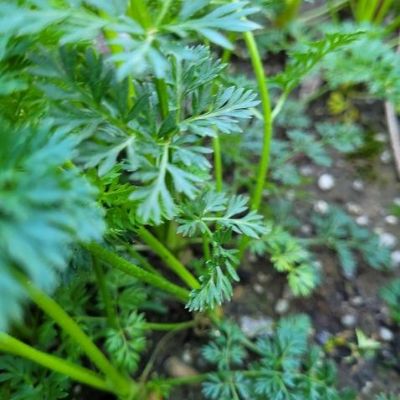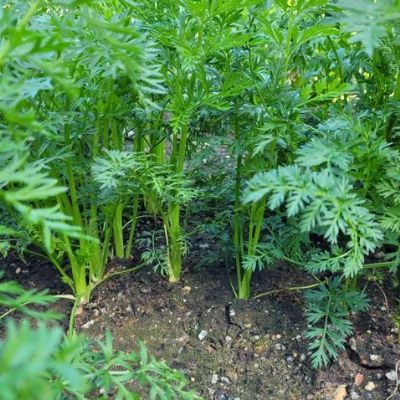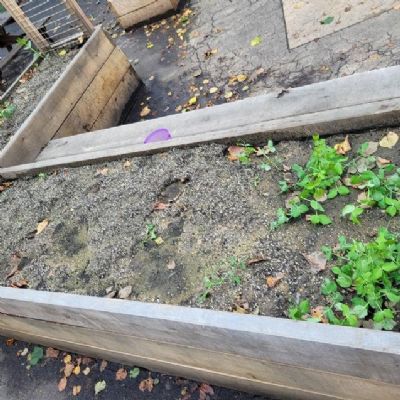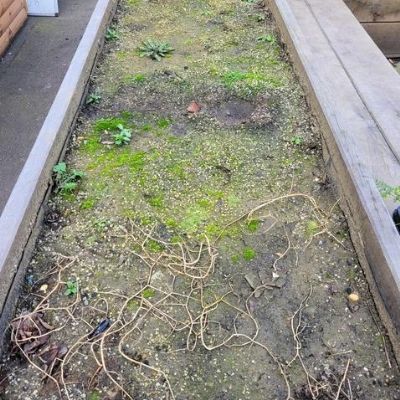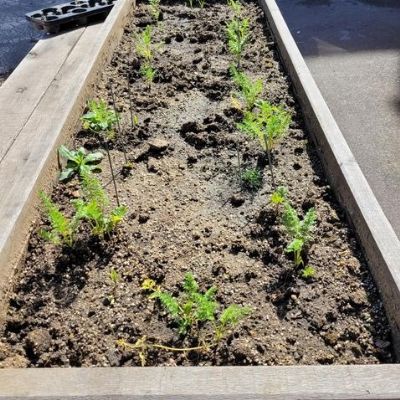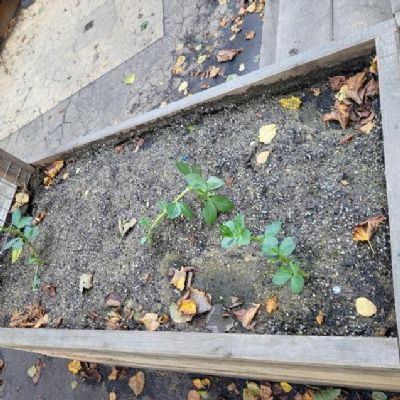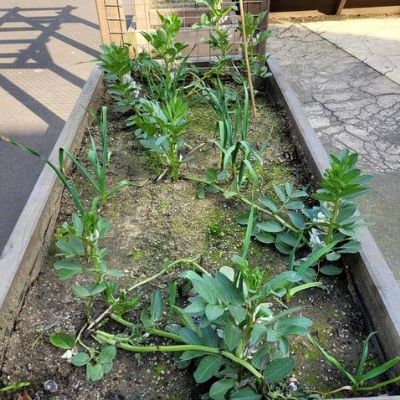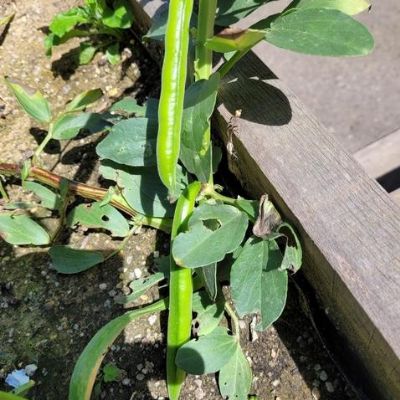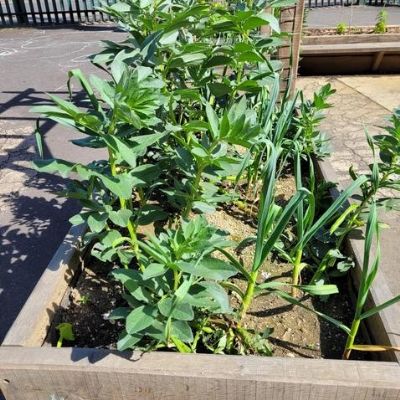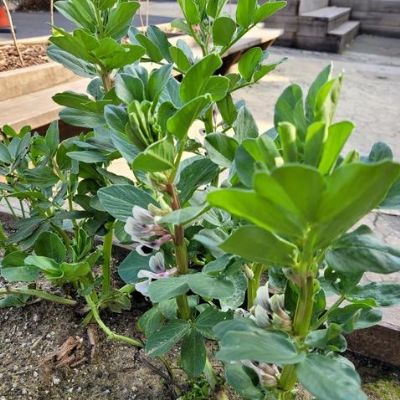Science
At Brettenham, we want to build on our children’s knowledge and understanding of the world they live in. We want to enthuse their natural awe and wonder and encourage their natural curiosity so that, by the time they leave us, they are ready to take on the secondary science curriculum with confidence and success.
We follow the National Curriculum for the teaching of science and children learn through focusing on the key scientific concepts of:
- Developing their scientific knowledge
- Using skills to work scientifically
- Scientific enquiry
We have also built into our science curriculum, a responsibility to build ‘science capital’ for our children, providing experiences and learning opportunities beyond the confines of the National Curriculum and the classroom which they otherwise would not have. This includes introducing them to scientists from different times and cultures, meeting scientists in action, developing our outdoor environment and organising trips within their local area and beyond.
As the children move through the school, from Early Years to Year 6, their scientific knowledge and skills will deepen as they encounter them in more depth. Revisiting and making links to past learning is important so that children can increase their knowledge and skills in science and develop a broader understanding of the subject.
Vocabulary enrichment runs through our whole curriculum and science provides an excellent opportunity to develop vocabulary that can be used in many other subject areas.
Projects
Workshops
Energy Live workshop
We were given the privilege to take part in a science workshop provided by The Royal Institution. Our science presenter was Dan and he ensured the sessions were safe, informative, filled with excitement. We all were truly grateful for such an amazing experience. We learned of a range of energy types ranging from thermal energy to kinetic and chemical energy. Look through the photos below to gain an insight to the spectacular Energy Live workshop.
Edible Garden
What is the Edible Garden Project?
We have been given the opportunity to develop our own creative planting scheme for edible plants. Edible plants are plants within the vegetable or fruit kingdom that grow naturally to produce food for consumption.
What does this project involve?
Classes have been given seeds to initially sow in the classroom. They are currently growing into shoots and there have been many success stories. These seedlings will eventually be transferred into outdoor planters. Staff and children will use the school grounds and edible plants for continuous learning throughout the year. Take a look at the seedling growth of the classes below.
What is the purpose of this project?
As a school we take great pride to inspire the learners in our school. We believe children can reach their potential by encouraging independence and curiosity. This project works to achieve this. Children throughout the school will develop their science knowledge whilst promoting the growth of much more. Gardening can positively impact the children’s mindset as they will develop their communication and team building skills. This project will also encourage the awareness of healthy eating and children will have a greater depth of understanding with regards to where food comes from.
Planter 1 Progress 2021-22
Planter 2 Progress
Planter 3 Progress
Planter 4 Progress
Planter 5 Progress
Planter 6 Progress
Trees for Cites Edible Playground
Trees for Cities is an exceptional UK charity working with local communities and across the world to cultivate a lasting change by revitalizing spaces to create healthier environments.
Thanks to Trees for Cities we now have an Edible Playground on our school grounds! This is a wonderful learning resource for a fruit and vegetable garden for the whole school. We aim for this playground to give us the opportunity to teach about food choices , sustainable foods and benefit mental and social well-being. It will cater to a range of national curriculum topics.
Below you can view the Trust Science Curriculum Intent, the key learning at each stage (composite knowledge) and progression documents for each year group.

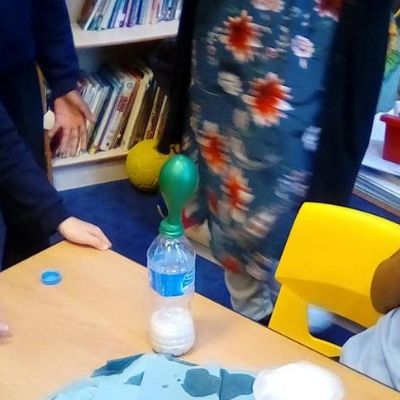
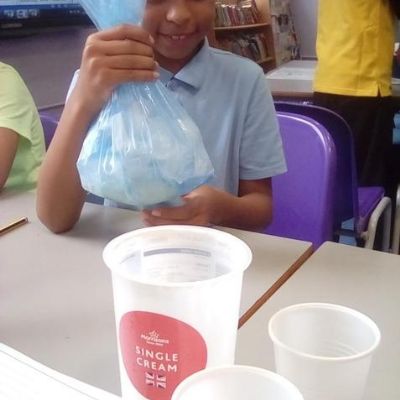
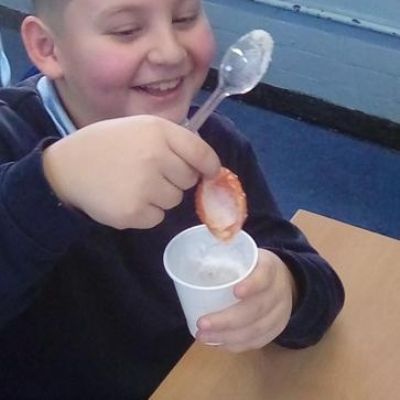
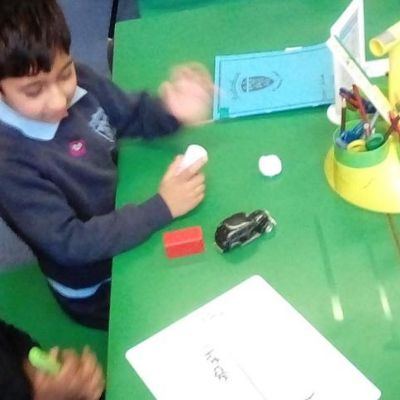
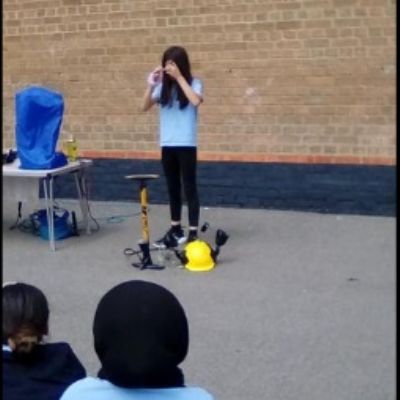
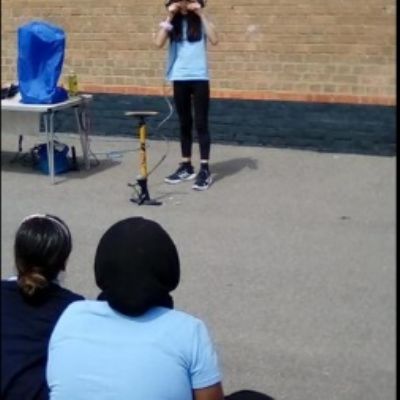
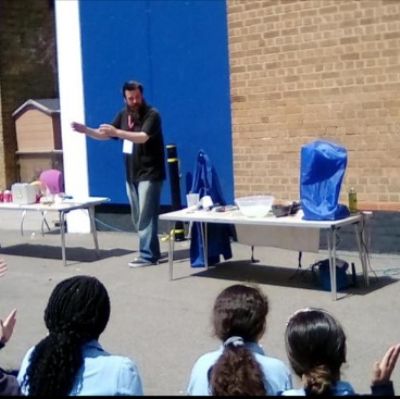
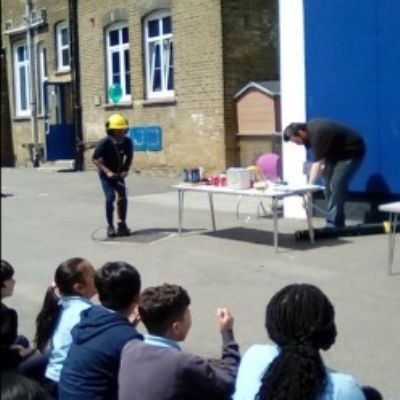
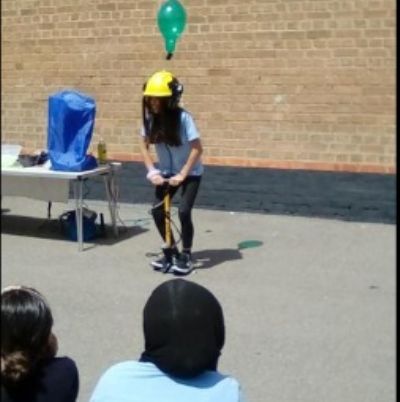


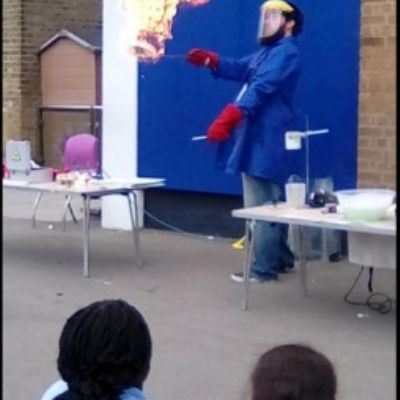
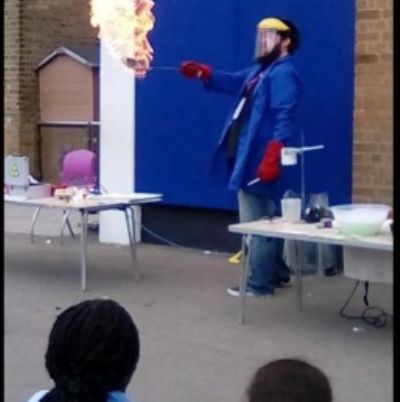
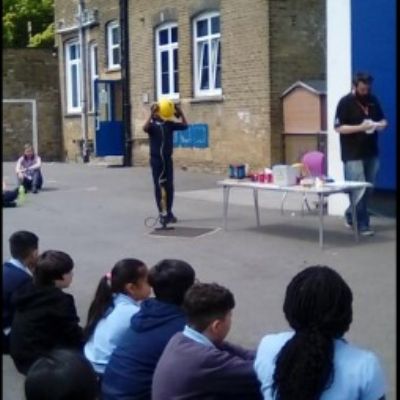
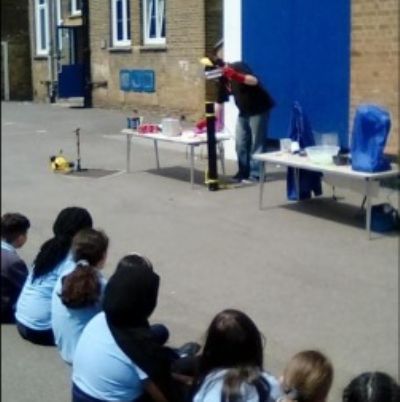

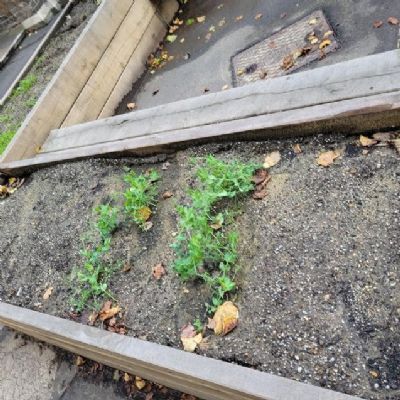
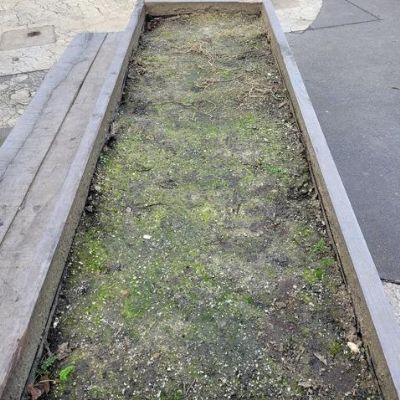
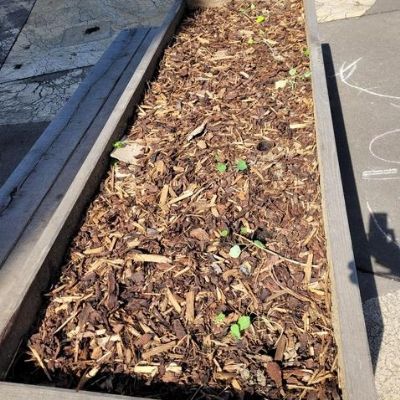
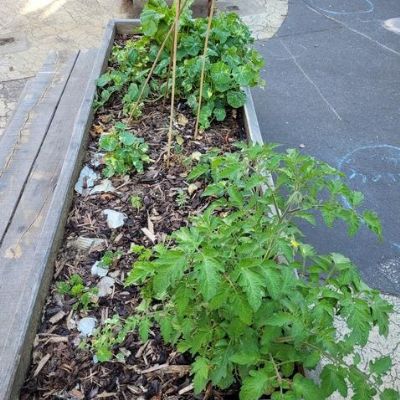
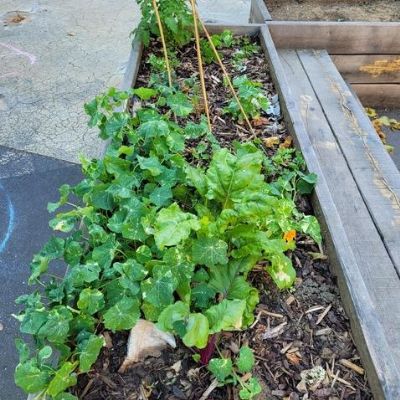
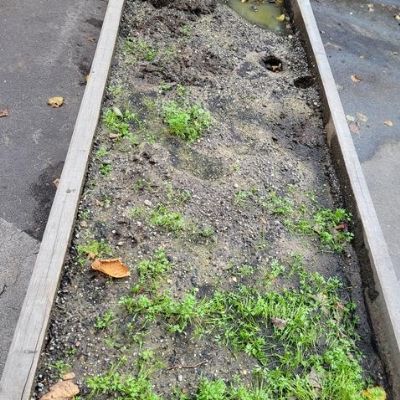
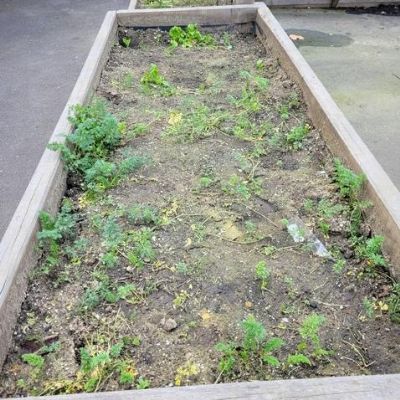
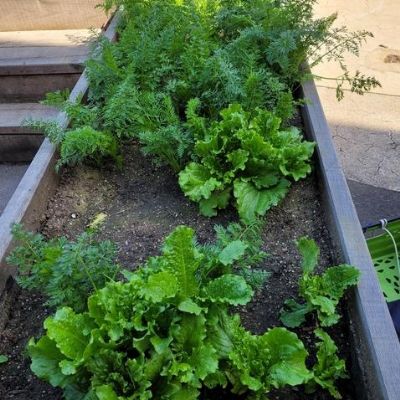
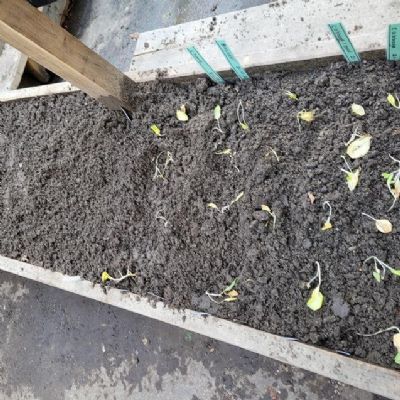
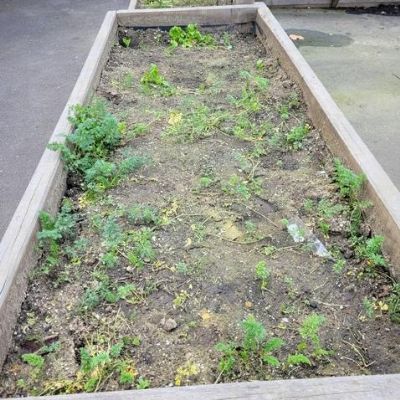
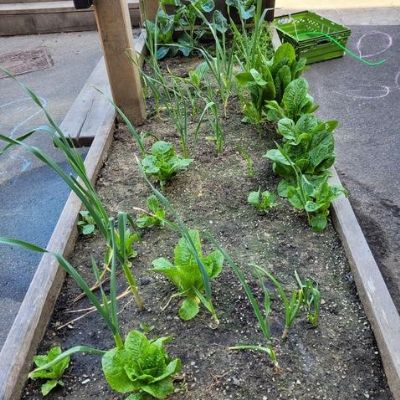
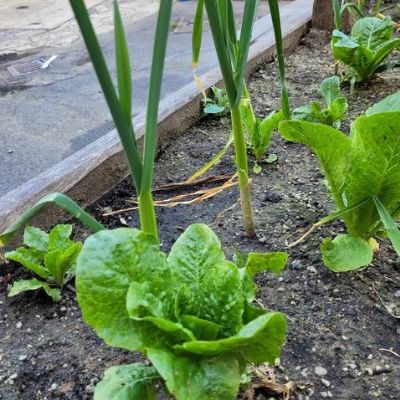
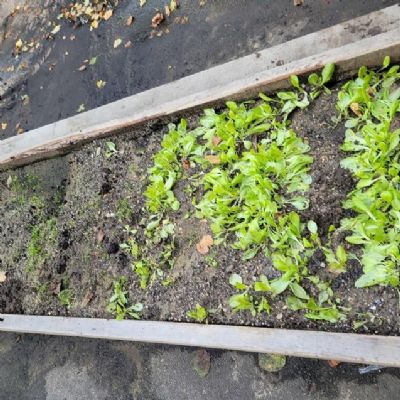
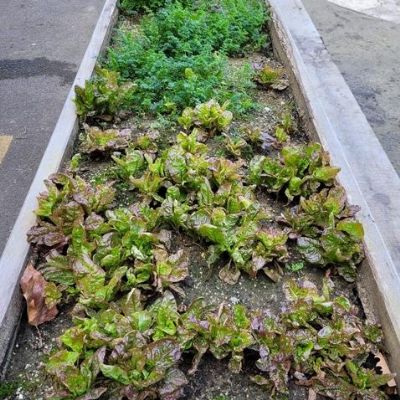
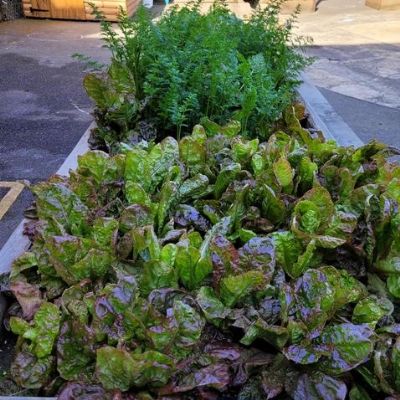
.jpeg)
